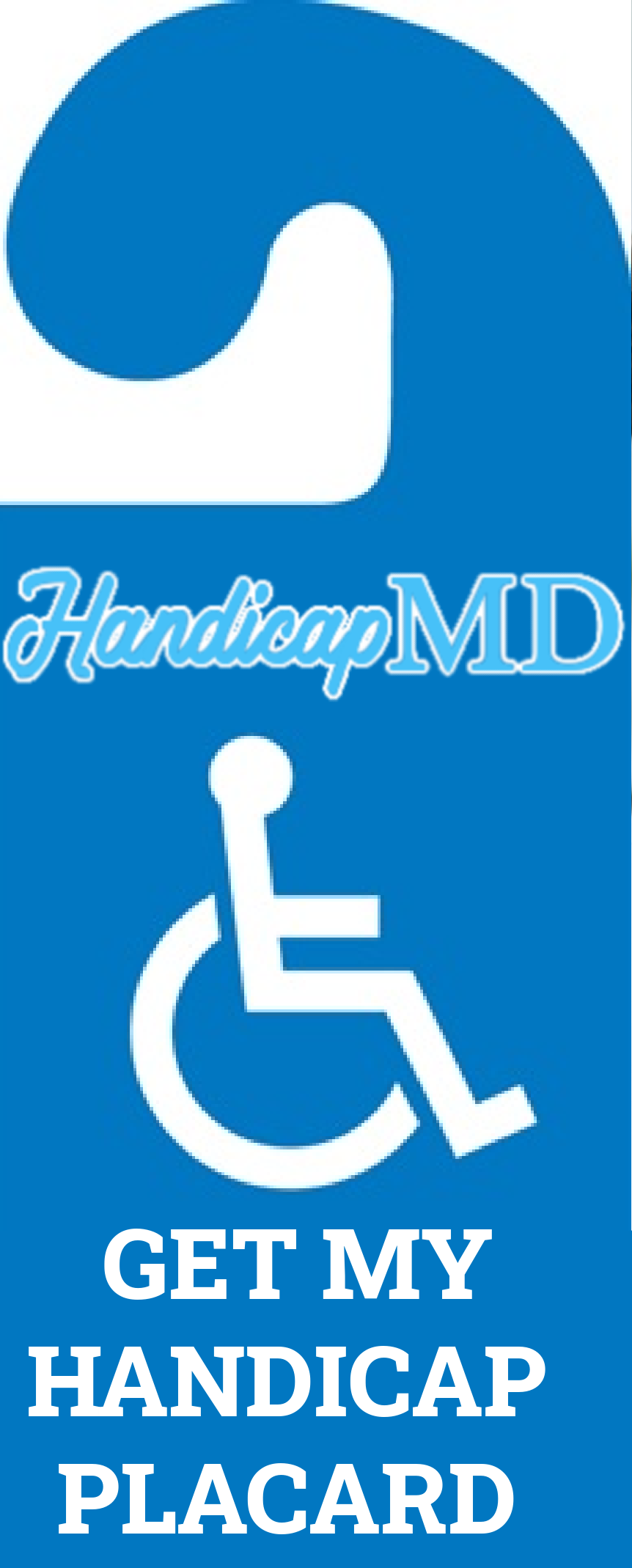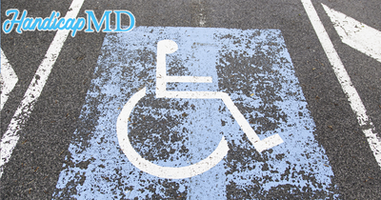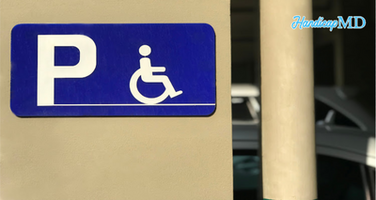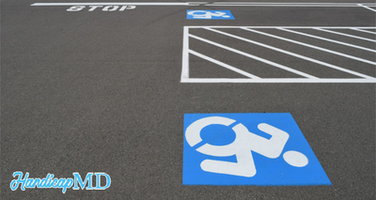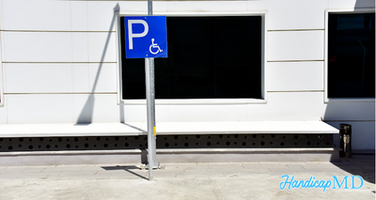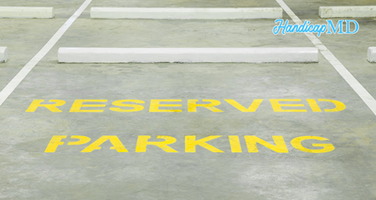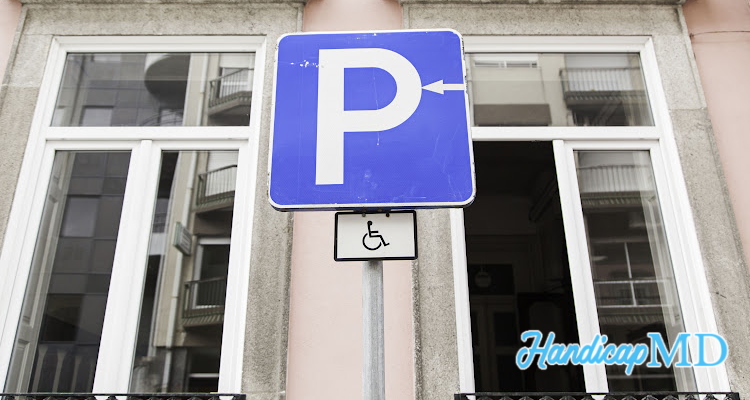
Handicap Placard vs. Handicap License Plates: Which is Right for You in California?
Introduction
California offers two options for individuals with disabilities to conveniently access designated parking spaces: placards and license plates. Understanding the nuances between the two is crucial to make the right choice. In this comprehensive guide, we will delve into the distinctions, benefits, and application processes for Handicap Placards vs. Handicap License Plates in California.
Handicap Placard vs. Handicap License Plates: Which is Right for You in California?
The Basics
Placards and license plates both grant parking privileges to individuals with disabilities. However, they differ in their application process, usage, and advantages.
Placards
Handicap permits are temporary permits that hang from your rearview mirror. They are ideal for individuals with short-term disabilities or those who frequently use different vehicles. Passes are easy to transfer, making them convenient for families and caregivers who assist disabled individuals.
License Plates
Handicap license plates, on the other hand, replace your standard license plates. These are suitable for individuals with long-term disabilities who primarily drive their own vehicles. License plates provide a more permanent solution, eliminating the need to display a permit with each vehicle change.
Eligibility
Placards
To qualify for a disability permit, you must have a medical professional certify your disability. Temporary ones are typically issued for six months, while permanent ones are valid for up to two years.
License Plates
To obtain disability license plates, you must meet the same disability criteria as for permits. However, license plates require annual certification from a healthcare provider, ensuring ongoing eligibility.
Application Process
Placards
- Obtain the Application for Disabled Person Placard or Plates (Form REG 195).
- Complete the form, ensuring your healthcare provider certifies your disability.
- Submit the application form to the California Department of Motor Vehicles (DMV) with the required fee.
License Plates
- Apply for specialized license plates by completing Form REG 195.
- Have your healthcare provider certify your disability on the form.
- Pay the appropriate fees to the DMV.
Disability Placard: A Convenient Temporary Solution
Benefits of a Disability Permit
A handicap pass is a temporary parking permit that offers several advantages:
Portability: One of the key benefits of a disability placard is its portability. You can easily transfer it between different vehicles, making it a versatile option.
Temporary Use: If you require disabled parking only for a limited time, such as during recovery from surgery or a temporary injury, a pass might be the ideal choice.
Ease of Application: Applying for a pass is relatively straightforward and typically involves your physician certifying your eligibility.
Limitations of a Disability Placard
While disability passes offer convenience, they come with some limitations:
Renewal Requirements: In California, handicap passes are typically issued for up to six months. You'll need to renew them periodically if your condition persists.
Not Vehicle-Specific: Permits are not tied to a specific vehicle, which can lead to misuse if they fall into the wrong hands.
Disability License Plates: A Long-Term Solution
Benefits of Disability License Plates
Disability license plates provide a long-term solution for individuals with disabilities:
Vehicle-Specific: Unlike passes, license plates are vehicle-specific. They are permanently attached to your vehicle, ensuring that accessible parking is always available when you drive.
No Renewal Hassles: With license plates, there's no need to renew every few months, offering a hassle-free solution.
Reduced Risk of Misuse: License plates are less likely to be misused since they are attached to your vehicle.
Limitations of Disability License Plates
It's important to consider the limitations as well:
Less Portability: Unlike permits, you can't transfer license plates between vehicles. They are fixed to a single car.
Initial Cost: Acquiring handicap license plates may involve a higher initial cost compared to obtaining a permit.
Costs
Handicap Placards
The fee for a handicap pass in California is typically around $6. However, prices may vary based on the county.
Handicap License Plates
Handicap license plates cost more than passes, often ranging from $18 to $109, depending on the county and customization options.
Which Option is Right for You?
The choice between a permit and license plates ultimately depends on your specific needs and circumstances.
If you anticipate needing accessible parking for a short duration, such as during recovery, a handicap placard's portability and ease of application make it an excellent choice.
On the other hand, if you require long-term accessibility, especially if your disability is permanent, license plates offer a more convenient and hassle-free solution.
Frequently Asked Questions (FAQs)
Can I have both a permit and license plates in California? Yes, it is possible to have both if you have multiple vehicles or occasionally drive other cars.
Do I need to renew my pass every year? No, you don't need to renew it. Permanent ones are valid for up to two years.
Can I personalize my license plates? Yes, California allows personalization of license plates for an additional fee.
Can out-of-state visitors with permits or license plates use them in California? Yes, California recognizes out-of-state permits and license plates.
How do I report abuse of designated parking spaces in California? You can report abuse to your local law enforcement agency or the DMV.
What happens if I misuse my pass or license plates in California? Misuse can lead to fines, confiscation, or even criminal charges.
Conclusion
When deciding between a handicap placard and handicap license plates in California, consider the duration of your disability, the vehicles you use, and your preferences. Both options provide essential parking privileges, enhancing accessibility for individuals with disabilities across the state. Make an informed choice to simplify your daily life and ensure you can access the assistance you need.
.png)
